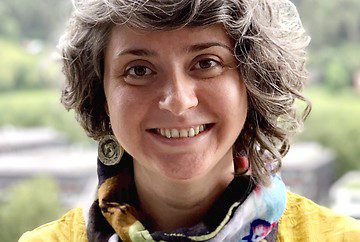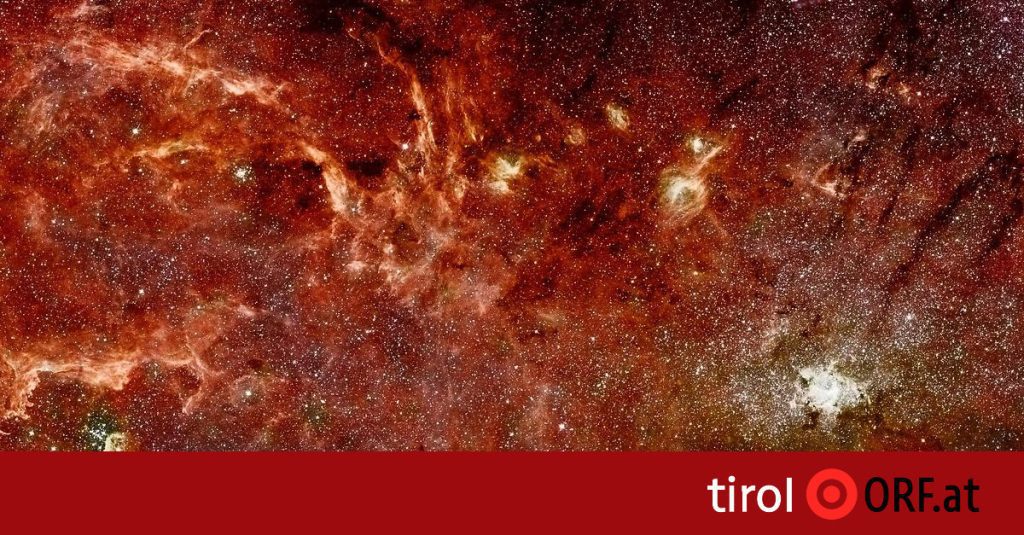Sciences
An astrophysicist from Innsbruck is leading one of the first projects on the new James Webb Space Telescope. In collaboration with an international team, Nadine B. Sabha from the University of Innsbruck reports on young stars in the center of our galaxy.
The accumulation of a huge amount of mass, the gravity of which does not allow even light to escape: for a long time it was almost impossible for young stars to form in this inhospitable region. Although very high gas densities are needed to overcome the strong tidal forces of the black hole during star formation, there is increasing evidence that new stars are being born in the heart of the Milky Way.


Now Nadine Sabha of the Institute of Astrophysics and Particle Physics at the University of Innsbruck and her team will now test this hypothesis with the help of the recently commissioned James Webb Space Telescope. “We will point the telescope at these faint sources at the center of our galaxy in August and September,” says the astrophysicist from Jordan. “Using the new highly sensitive telescope, it will be possible to detect these young stars with relatively low masses.”
If the research team can confirm that these light sources are in fact such young stars, this means that planets can also form in extreme conditions near black holes in the cores of galaxies.
The researcher is also working on another upper telescope
Complementing her studies using the Space Telescope, Nadine Sabha also studies star formation around the supermassive black hole at the center of the Milky Way using ESO’s Very Large Telescope (VLT) in Chile. This high-resolution ground-based telescope can also be used to observe regions in the very bright center of the galaxy relative to the highly sensitive James Webb Telescope.

“Total coffee aficionado. Travel buff. Music ninja. Bacon nerd. Beeraholic.”








More Stories
Coral Seeding: Artificial Insemination Makes Coral More Heat Tolerant
Fear, Anger, and Denial: How People Respond to Climate Change – Research
LKH Graz: Using radiation to combat heart arrhythmias